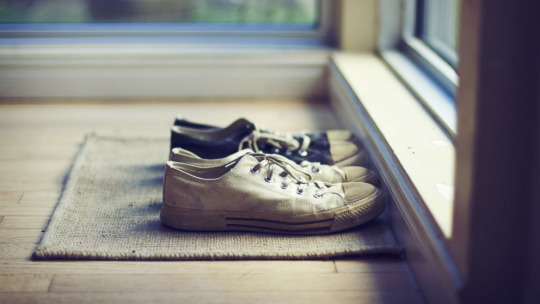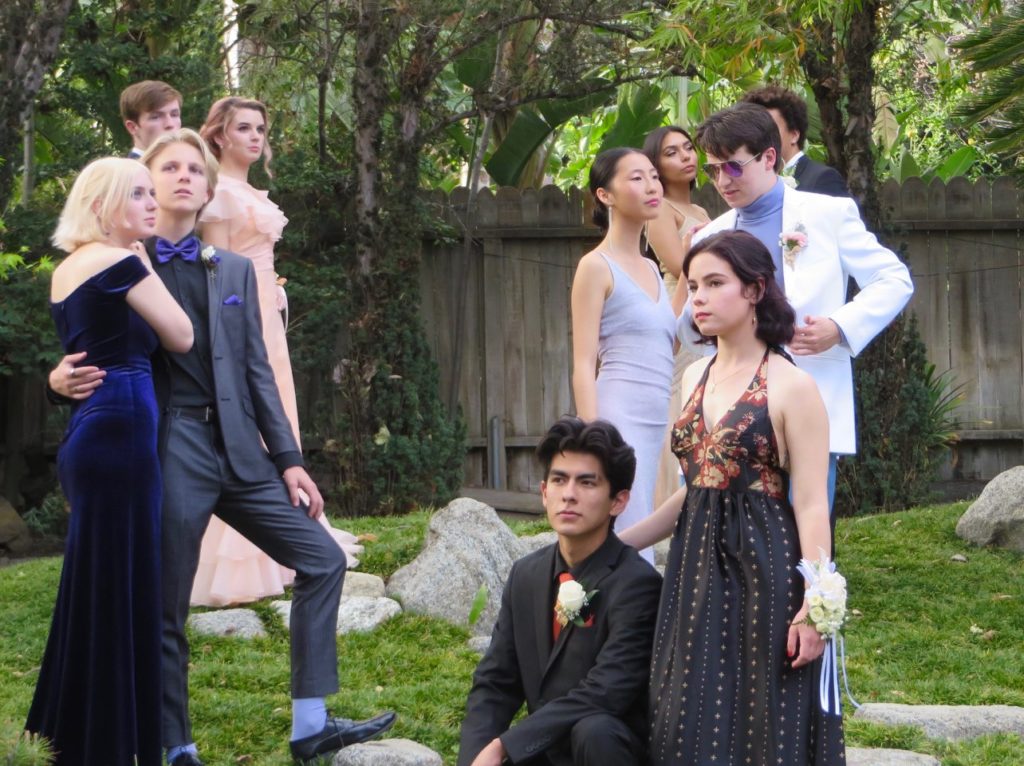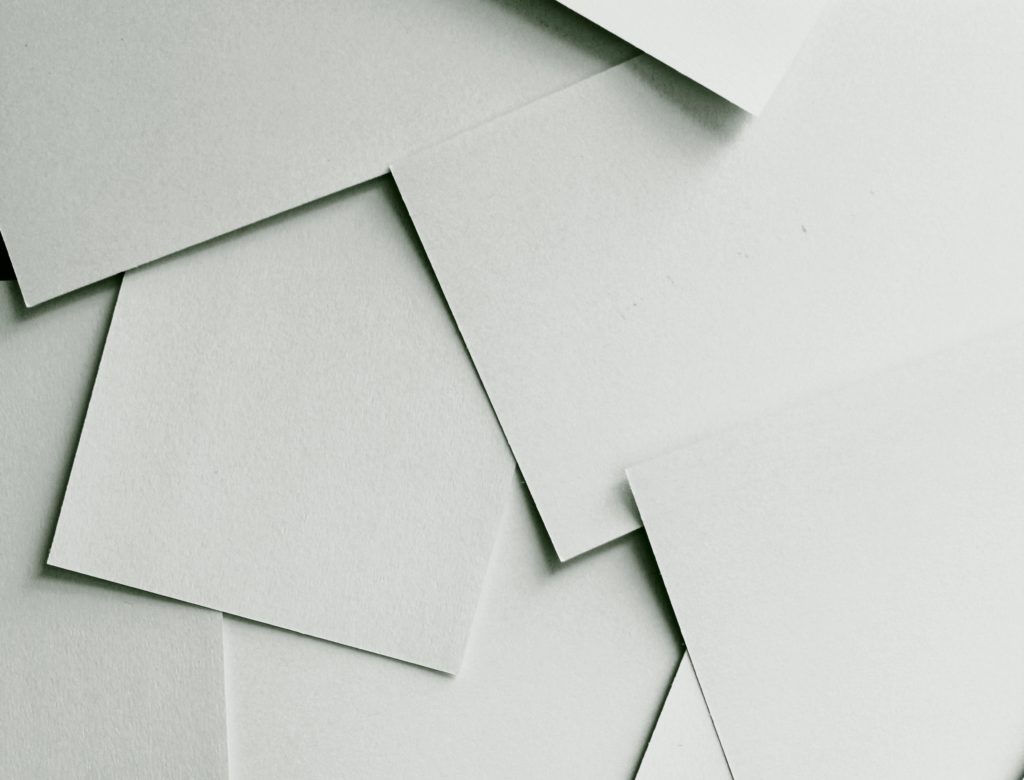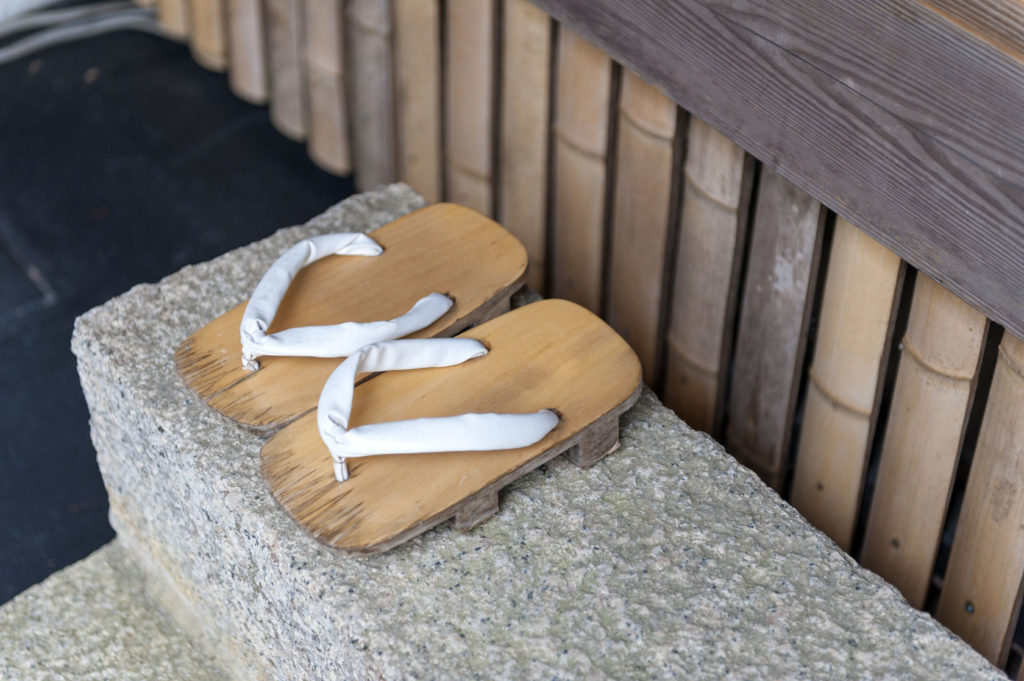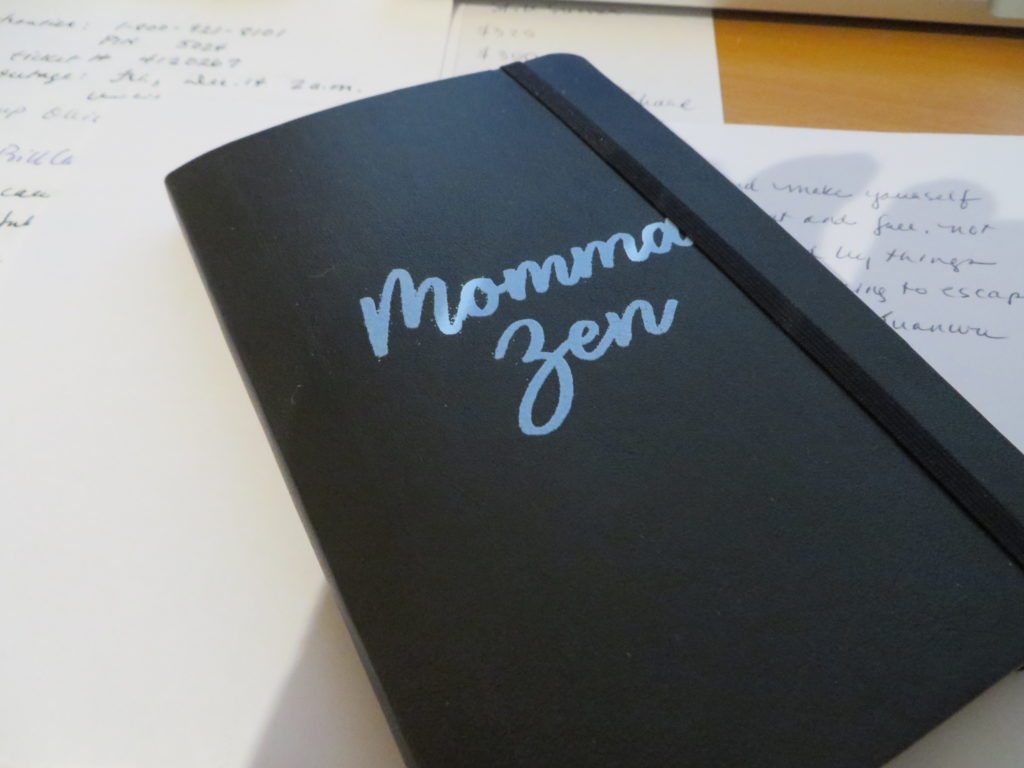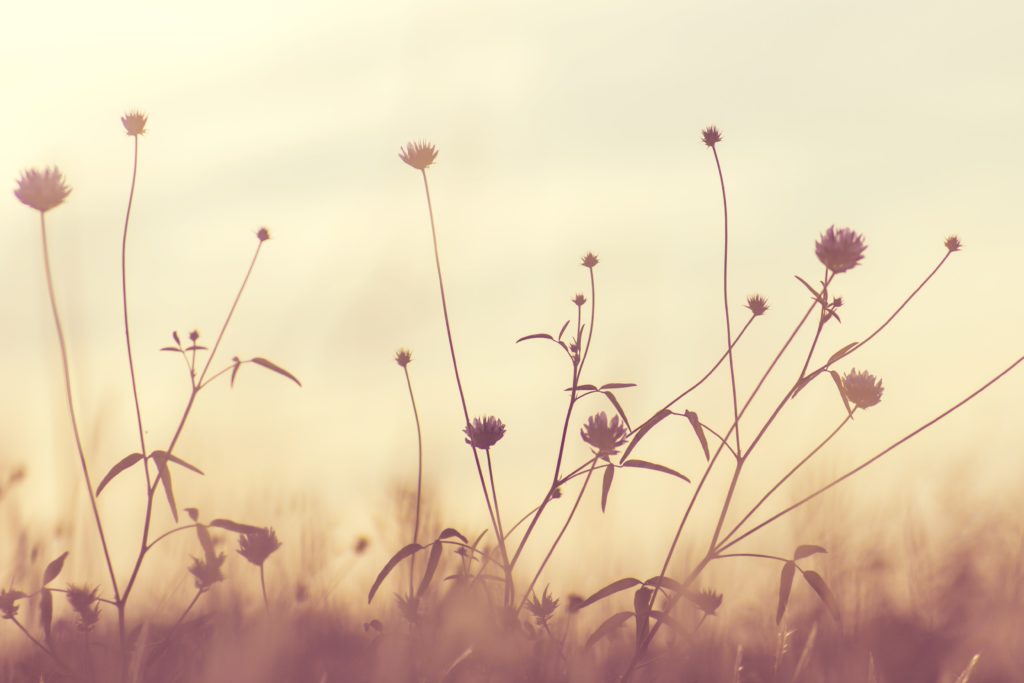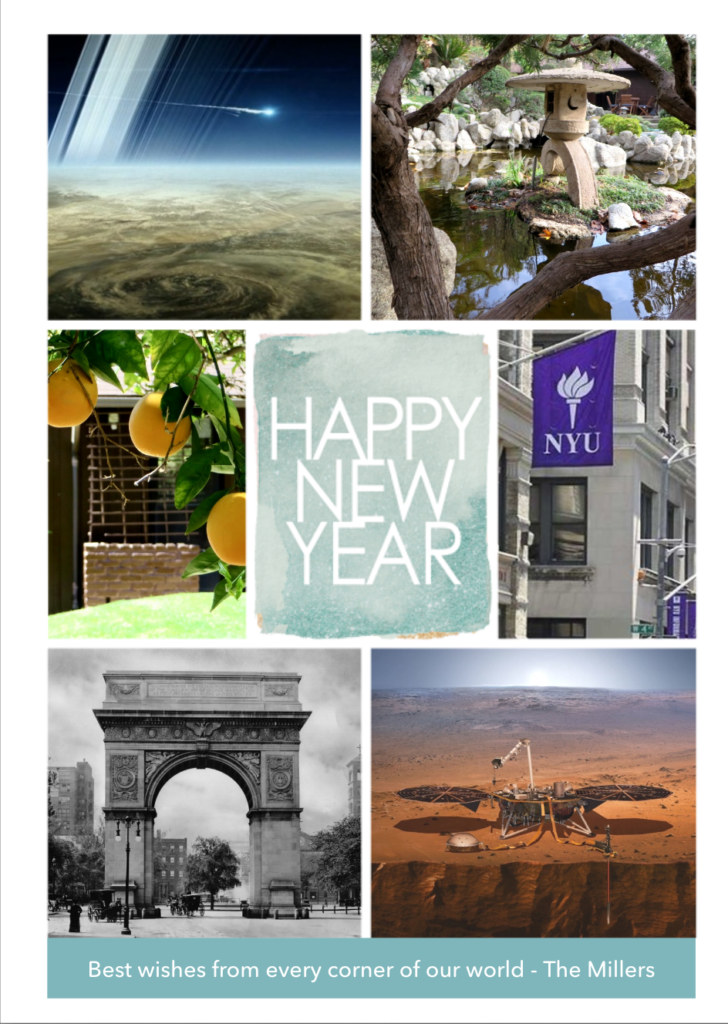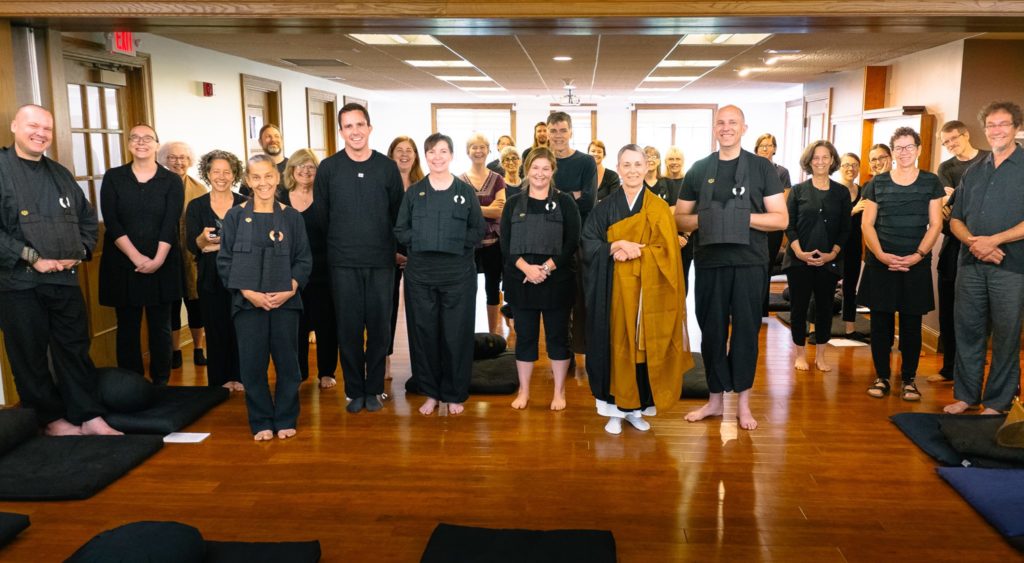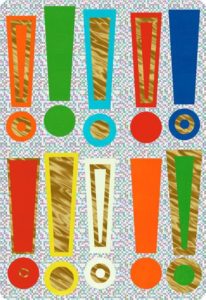 When my daughter was in seventh grade, I became alarmed at her overuse of an addictive stimulant: the exclamation point. And not just one, but a scattershot of exclamation points exploding across her texts, emails and essays. I felt like asking the language arts teacher when she would start teaching language. But I didn’t. The teacher didn’t need a critic; she needed a volunteer. So I offered to teach descriptive writing to the class.
When my daughter was in seventh grade, I became alarmed at her overuse of an addictive stimulant: the exclamation point. And not just one, but a scattershot of exclamation points exploding across her texts, emails and essays. I felt like asking the language arts teacher when she would start teaching language. But I didn’t. The teacher didn’t need a critic; she needed a volunteer. So I offered to teach descriptive writing to the class.
My goal was to convince the 12-year-olds that they had a vast vocabulary of words to express feelings without overpunctuating a sentence. At our first lesson, I asked the kids to tell me different words that meant “happy.” Then I asked for words that meant “sad.” Emboldened, I went for the gold, asking if anyone knew a word that described a mix of happy and sad. One brave girl volunteered.
“Bipolar?” she said.
It was bittersweet.
I didn’t ask how she knew a word from the Diagnostic and Statistical Manual of Mental Disorders. I didn’t want to know. She might have learned all about it on Instagram. But I worried just the same.
Not long ago I was talking to the mother of an incoming kindergartener who was anxious about her child’s readiness. Pre-K prepares a child for kindergarten, I said, kindergarten prepares for first grade, first grade prepares for second grade, and so on. Middle school is really about preparing for high school and high school is all about college. It’s a refrain you hear every year at Back-to-School Night, and I guess it makes us feel that our kids are getting somewhere. But where, exactly? More to the point, at what price to our children? We can probably answer for them, because we already know what it feels like to spend our whole lives anxiously trying to get somewhere else.
A local high school junior disappeared after being dropped off one Saturday morning at an SAT testing site. It wasn’t the first time she’d taken the SAT, her frantic parents told reporters. She’d taken it many times in order to keep improving her score before applying to colleges. This wasn’t like her, no, she was a straight A+ student in the running for valedictorian at an extremely competitive high school! But in the end she skipped out and took the train to San Francisco instead of filling out the bubble sheet one more time. She sounded like a very smart girl.
Before senior year my daughter went away for a month as part of a pre-college summer program. She was excited and so was I. This was going to be a blast! You can bet that when a university brings a couple hundred footloose 17-year-olds to campus there is a lot of communication involved. In the last email from the college before arrival, there was a packing list, a move-in schedule, and a list of emergency contacts. What I wasn’t prepared for was this highlighted reminder: Make sure that you have taken all necessary steps to secure the mental health resources your student may need while they are here.
So this is where we are. I don’t have words, but I’ve been saving up a primal scream of exclamation points. Is anyone listening? We have to do better than this!!!!!


